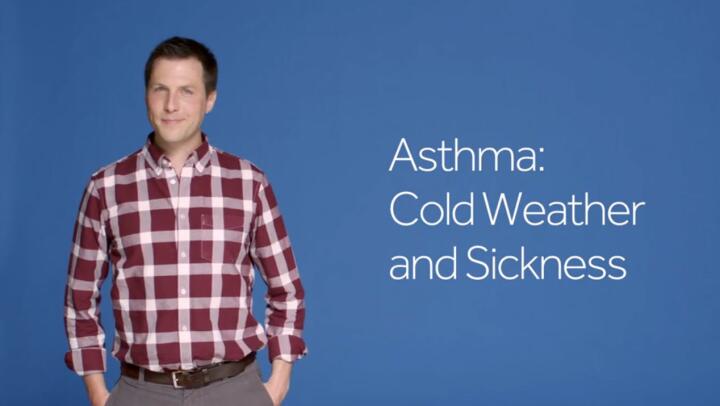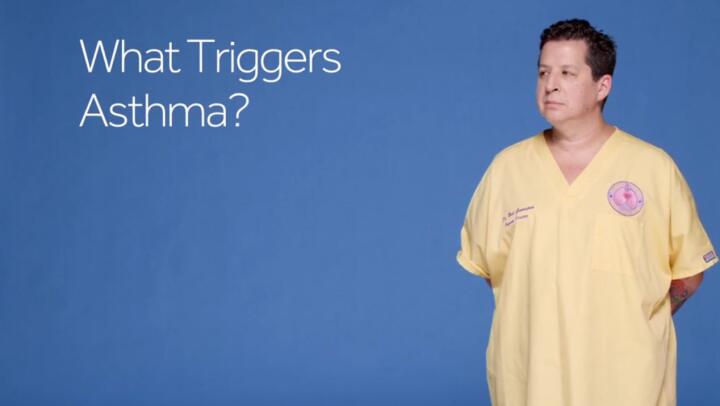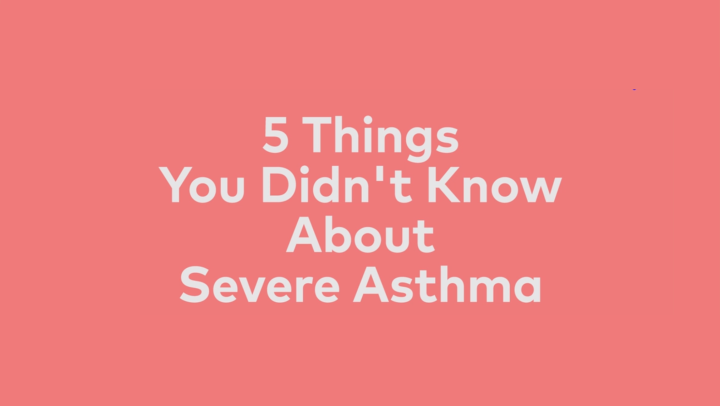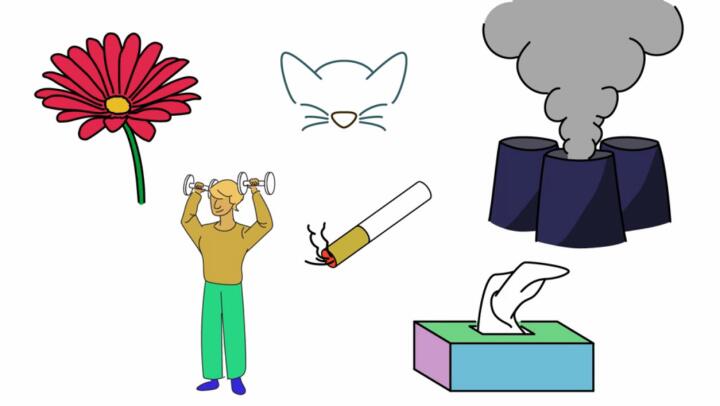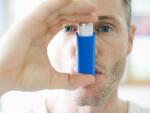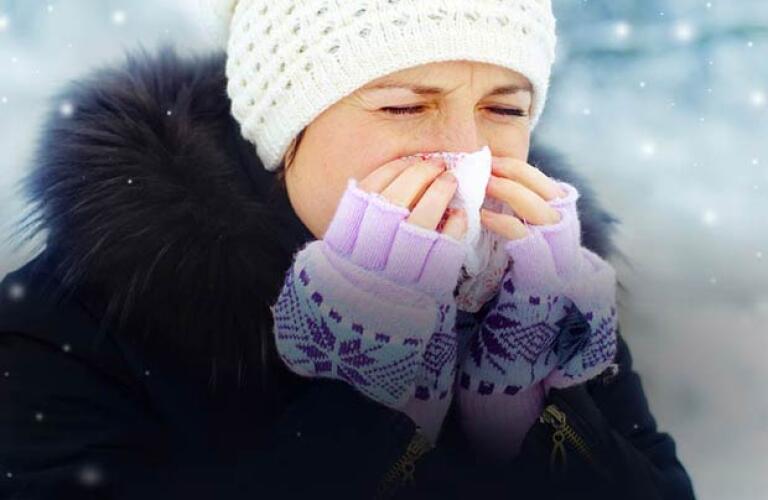
For most people, the common cold is a minor annoyance. But if you have asthma, a cold can trigger an asthma attack. Colds can be especially serious in children with asthma.
Preventing colds and other infections, such as the flu, is one way you can stay healthy and minimize the risk of asthma attacks in you or your child.
Colds and Asthma
When you have a cold, your runny, stuffy nose and cough can make it harder to breathe. For some individuals, persistent coughing is sufficient to trigger an asthma attack. Not only do colds increase your risk of having an asthma attack, if a cold or the flu triggers your asthma symptoms, they are often more difficult to treat and last longer than usual.
How to Prevent a Cold
Colds are so common that you may think it’s impossible to not catch one. However, there are several easy steps you can take to reduce your risk of cold and flu:
Avoid contact with a person who has a cold or flu
Avoid touching your eyes, nose and mouth, which can transmit a virus from your hands into your body
Cover your mouth and nose with your elbow (not your hand) or a tissue when sneezing or coughing
Eat a well-balanced diet that includes a sufficient amount of fruits and vegetables
Get enough rest
Use appropriate antibacterial cleaners to clean hands and surfaces
Wash hands frequently with soap and water for at least 15 seconds, especially during and after contact with a person who has a cold
Cold and Asthma Treatments
There are a variety of products available over-the-counter or on the internet that claim to help prevent or reduce the severity of a cold. Some of these products can interact with your asthma medications or make your asthma symptoms worse. Plus, the safety and effectiveness of many of these products is still not clear. Always check with your doctor first before taking any supplements or over-the-counter medications or products to prevent or treat your cold.
If you have a cold, whether or not you have asthma, it may help you to:
Drink extra fluids
Eat soup, such as chicken soup, to break up congestion and provide easy-to-digest nutrients and fluids
Get extra rest and sleep
Take acetaminophen (Tylenol) for fever, sore throat, and body aches
If you have a child under the age of six, you should not give them cold or cough medications because of the risk of serious side effects. In addition, you should not use aspirin or products that contain aspirin because of the risk of developing a rare, life-threatening condition called Reye syndrome. Reye syndrome has been linked to taking aspirin during a viral illness, such as a cold or flu.
If you suffer from asthma and develop a cold, tell your doctor if your asthma symptoms get worse or are more difficult to control. Your doctor can adjust your asthma treatment and start treatment for complications if needed.
What Are the Complications of Having a Cold and Asthma?
Having asthma increases your chance that a cold will break down your body’s defenses and lead to more serious, even life-threatening infections. These infections can dangerously worsen your asthma symptoms.
Complications of a cold include:
If you have asthma and develop a cold, drink plenty of fluids, rest, and tell your asthma doctor if you’re having trouble breathing. With rest and proper treatment, you can prevent your cold from turning into something more serious.








